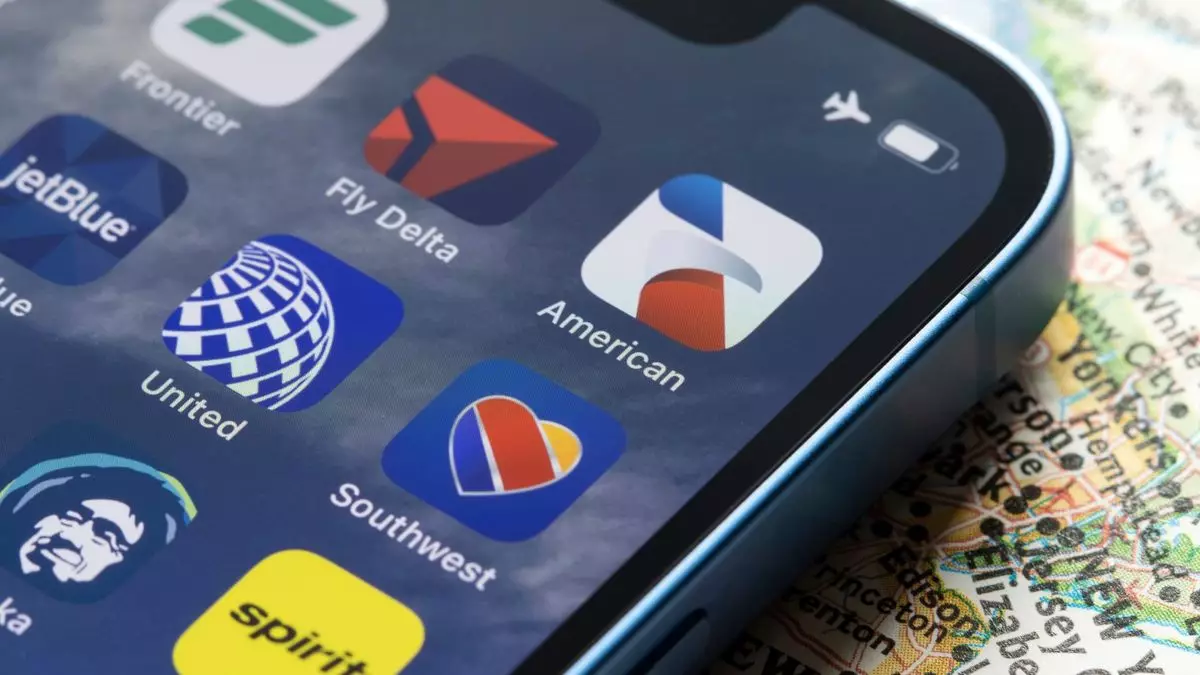Loyalty programs offered by major airlines such as American, Delta, Southwest, and United have come under scrutiny by the Department of Transportation (DOT). The investigation aims to protect customers from potential unfair, deceptive, or anti-competitive practices within the airline industry. These programs have become a significant part of the U.S. economy and the airline business model, with millions of Americans relying on them for travel benefits and rewards.
The Significance of Loyalty Programs
According to DOT Secretary Pete Buttigieg, airline rewards programs play a crucial role in shaping customer interactions with airlines. Many Americans view their accumulated points as part of their savings, highlighting the financial significance of these programs. The investigation focuses on the Big 4 U.S. carriers due to their size, scale, scope, and membership, which can influence policies, practices, and market participation in the airline rewards industry.
In the aftermath of the pandemic, airline credit card and loyalty programs have seen a surge in uptake. The number of U.S. airline industry credit card holders is estimated to be nearly 30 million, with Delta leading in credit card revenue. The probe follows a hearing in which transparency and fairness in airline rewards and credit card programs were discussed, including concerns about the devaluation of loyalty points.
Airlines for America (A4A) pushed back against the DOT probe, stating that loyalty programs are a way for carriers to thank travelers and offer them important benefits. Southwest and Delta highlighted the value of their loyalty programs in providing customers with flexible travel policies, unmatched availability of reward seats, and rewards that never expire.
The investigation raises questions about the impact of loyalty programs on customers, especially regarding the pricing of rewards and the redemption process. A report by IdeaWorks found that the lowest daily average price of U.S. airline tickets purchased with points or miles had increased significantly over the years, surpassing the inflation rate. Practices varied among airlines, with some lowering reward prices while others increased them.
As part of the investigation, American, Delta, Southwest, and United are required to provide documents related to devaluations of earned reward points and the impact of such changes on existing points and status. The DOT is also looking into the deployment of dynamic pricing for reward redemption and the fees airlines charge for redeeming, transferring, or maintaining points. Airlines are asked to provide information on any rewards program mergers and how they monitor and respond to competing loyalty programs.
The inquiry into loyalty programs by major U.S. airlines reflects the growing importance of these programs in the airline industry. While loyalty programs offer valuable benefits to customers, there are concerns about transparency, fairness, and the impact of devaluations on customers. The outcome of the DOT’s investigation will shed light on the practices of airlines and the implications for consumers.


Leave a Reply